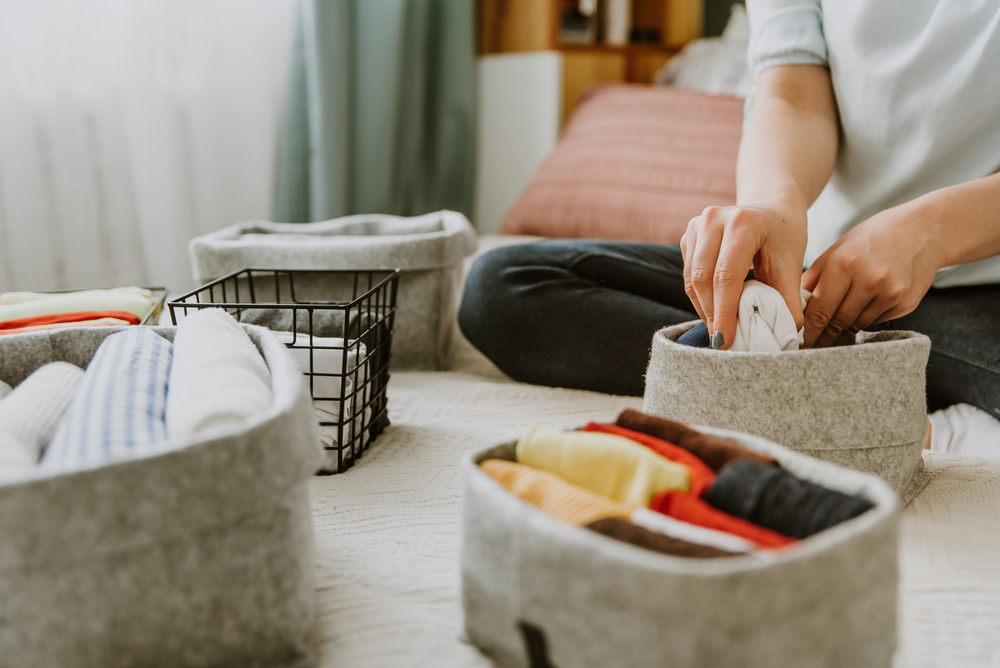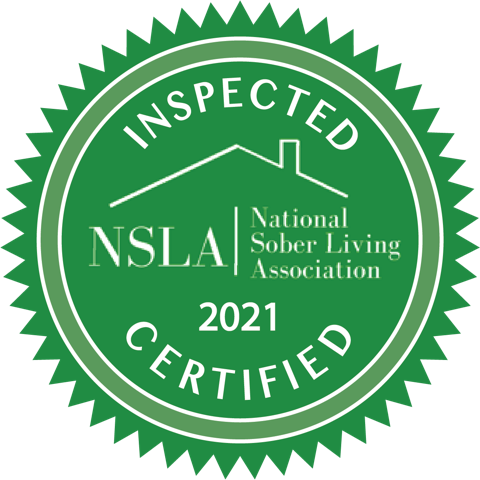Excessive boredom can be unhealthy for anyone, but it can be especially dangerous for people in recovery from a substance use disorder. Though boredom is a natural emotion, feeling listless and disinterested can lead you back down a pathway of self-destructive behavior, leaving you vulnerable to a relapse. By having some go-to coping techniques for when you’re bored at home, you can fill your idle hours without drinking or using.
What Causes Boredom?
You can quickly become bored if you are frustrated with your current situation or lack an outlet for your excess energy. You may be intimately familiar with boredom when you haven’t found ways to fill the time you used to spend maintaining a drug or alcohol habit.
Living sober is challenging enough without facing endless empty hours where you have nothing interesting or meaningful to do. If you feel uninspired and can’t put your finger on why, try these strategies for getting past it.
1. Get More Exercise
Physical fitness brings a host of physical and mental health benefits, including strengthening your immune system and giving you more energy. It’s also an excellent boredom buster. You don’t have to spend hours every day running, lifting weights or doing other strenuous, high-impact activities. Instead, try taking quick breaks to do yoga poses or bodyweight exercises like push-ups and triceps dips. As your fitness level increases, it may inspire you to do more.
2. Reach out to Friends and Family
Even the most introverted people benefit from maintaining relationships with loved ones. When you’re bored at home, you can call or text people to let them know you’re thinking about them. Catching up with family and friends to learn what they’ve been doing can foster a sense of connection and help you feel less isolated.
3. Volunteer
Many organizations allow people to become virtual volunteers, making a difference from the comfort of their couches. If you’re feeling bored at home, getting involved with a cause you care about might bring more meaning to your days. Volunteering is also excellent for your well-being because helping others releases endorphins in your brain. It may also make you a more compassionate person.
4. Find a New Hobby
During active addiction, other hobbies and activities may have fallen by the wayside one by one until drinking or using became your only pastime. Mastering a new skill lets you stretch your creative muscles while giving you something positive to focus on.
5. Learn to Live in the Moment
If you often find yourself bored at home, try meditating. A daily meditation practice can relieve stress, help you manage cravings and enhance your inner peace. There are many ways to become more mindful, from eating to folding laundry. If one technique doesn’t resonate with you, try another.
A Balance of Fellowship and Individualized Attention
Many people complete an initial addiction treatment program, only to find themselves lacking the connection and spirituality that are essential to sustain long-term sobriety. You can increase your chances of finding lifelong recovery by developing strong ties within the 12-step community.
Still Waters is a 12-step immersion program designed for men and women who have not found a fit in traditional rehab or have relapsed after a period of sobriety. You won’t feel alone when you join our family. If you have questions about whether our unique program is a good fit for you, reach out to us today.





